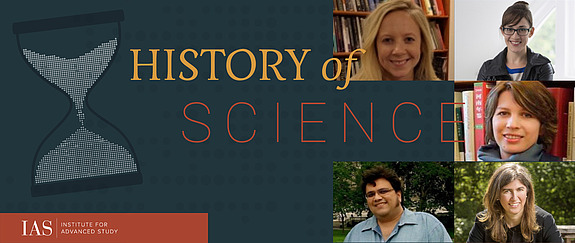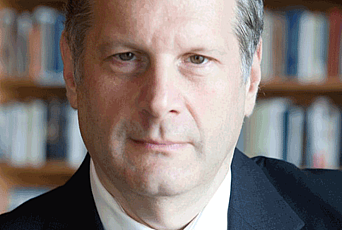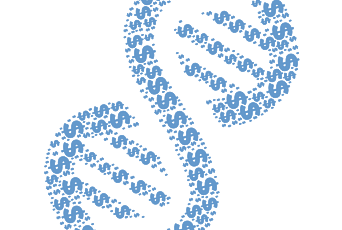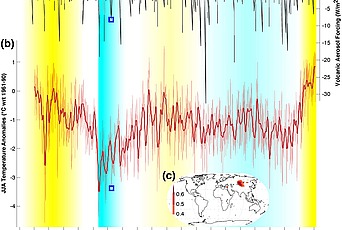“History of Science” Public Lecture Series Announced
Press Contact

The Institute for Advanced Study will launch the new “History of Science” lecture series beginning on Tuesday, February 5, 2019. Lectures are free and open to the public and begin at 5:00 p.m. in West Building Lecture Hall. Curated by Myles W. Jackson, Professor in the School of Historical Studies, this series will tackle scientific themes relevant to the Institute, including the diversity of humankind, Big Data, synthetic biology, artificial intelligence, and the sociology of science and medicine.
“This lecture series is meant to show how the history of science can serve as a bridge between numerous topics of research pursued at the Institute,” explained Jackson. “I hope the series will spark numerous conversations between the schools.”
The opening lecture for the series will be delivered by Harvard University’s Sophia Roosth, whose recent travels to Oman provide new insights into the Ediacaran Period, which began 635 million years ago and spanned 94 million years. Roosth will also discuss how geologists and geobiologists are rethinking the subdivision of Earth’s history and consider how efforts to carve up the geologic record echo problems of periodization that plague historians.
The current schedule of speakers is as follows:
- Feb. 5 – Twenty Years is a Long Time
Sophia Roosth
Frederick S. Danziger Associate Professor in the History of Science, Harvard University
- Feb. 26 – After Math: Reasoning, Proving, and Computing in the Postwar United States
Stephanie Dick
Assistant Professor in the Department of History and Sociology of Science, University of Pennsylvania
- Mar. 5 – Robocon Is Zazen: Psychology and Buddhism in Mori Masahiro’s Robotics
Yulia Frumer
Bo Jung and Soon Young Kim Professorship of East Asian Science, Johns Hopkins University
- Apr. 2 – Race by Numbers: Statistics and Race in Inter-War British India
Projit Bihari Mukharji
Associate Professor, Department of History and Sociology of Science, University of Pennsylvania
- Apr. 16 – The Restless Machinery of Life
Jessica Riskin
Professor of History, Stanford University
Jackson is an eminent and authoritative explorer of the intersections between science, technology, aesthetics, history, and society, combining intellectual curiosity with the highest academic standards to push forward the boundaries of the field in significant and influential ways and to establish fresh lines of inquiry. His scholarship, which interweaves economic, commercial, and scientific insights, has had lasting impact and is noted for its cross-disciplinary methodology and range of study—from the artisanal production of scientific knowledge in nineteenth-century Germany to issues of intellectual property, knowledge sharing, race and genomics, the interactions between musicians, natural scientists, and radio engineers, and bioengineering in recent decades.
Prior to joining the Institute faculty in 2018, Jackson taught at New York University, the California Institute of Technology, Harvard University, the University of Pennsylvania, and the University of Chicago. Jackson earned a B.A. in German Literature with a minor in biological sciences at Cornell University (1986). After starting off in a Ph.D. program in Biochemistry and Molecular Biology, he earned both an M.Phil. (1988) and a Ph.D. (1991) in History and Philosophy of Science at the University of Cambridge.
To register for this event, visit www.ias.edu/events/historyofscience-roosth. For press interested in covering the event, please contact Lee Sandberg at lsandberg@ias.edu. For more information on public lectures and events at the Institute, visit www.ias.edu/events.


